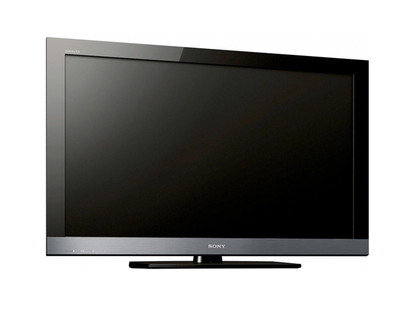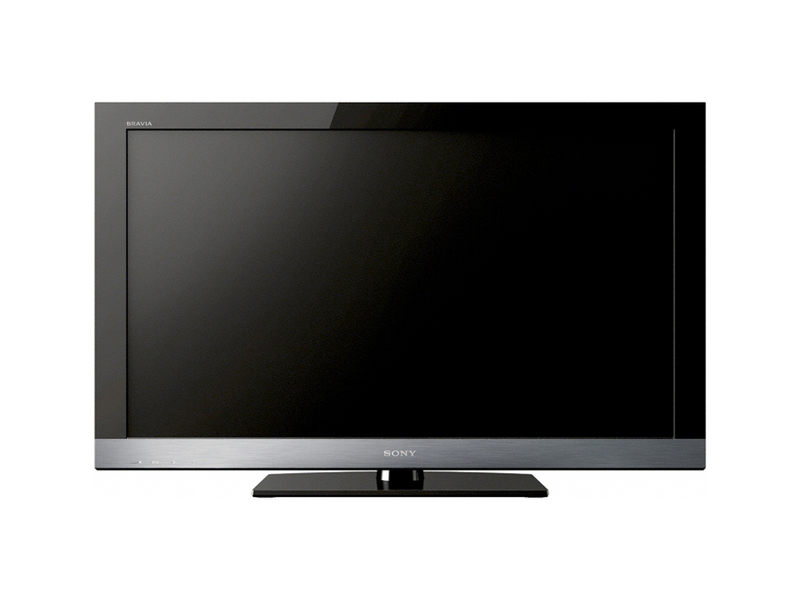Why you can trust TechRadar

Usually roundly ignored by flatscreen TV makers, Sony has taken the time to fit the KDL-32EX503 with some useful audio.
Don't get carried away and expect home cinema quality – sound here is only just good enough, but that's still an improvement on most sets. Most useful is a 'Dynamic' setting that pushes bass up to acceptable levels for everyday TV watching, while Clear Voice virtually cancels out bass and the Standard setting is similarly thin.
There is a pseudo-surround mode that does widen the sonic landscape somewhat, but it does so at the cost of the lower frequencies.
It may be firmly in the Bravia basement, but the KDL-32EX503 seems fair value to us. Its combination of some useful online features and all-round versatile connectivity with excellent picture quality and a Freeview HD tuner makes for an interesting package for a small room.
The price of TVs with integrated Freeview HD tuners is, it has to be said, artificially high at present and we expect premium prices to drop as the new platform becomes the default.
Current page: Sony Bravia KDL-32EX503: Sound and value
Prev Page Sony Bravia KDL-32EX503: Picture Next Page Sony Bravia KDL-32EX503: VerdictJamie is a freelance tech, travel and space journalist based in the UK. He’s been writing regularly for Techradar since it was launched in 2008 and also writes regularly for Forbes, The Telegraph, the South China Morning Post, Sky & Telescope and the Sky At Night magazine as well as other Future titles T3, Digital Camera World, All About Space and Space.com. He also edits two of his own websites, TravGear.com and WhenIsTheNextEclipse.com that reflect his obsession with travel gear and solar eclipse travel. He is the author of A Stargazing Program For Beginners (Springer, 2015),

